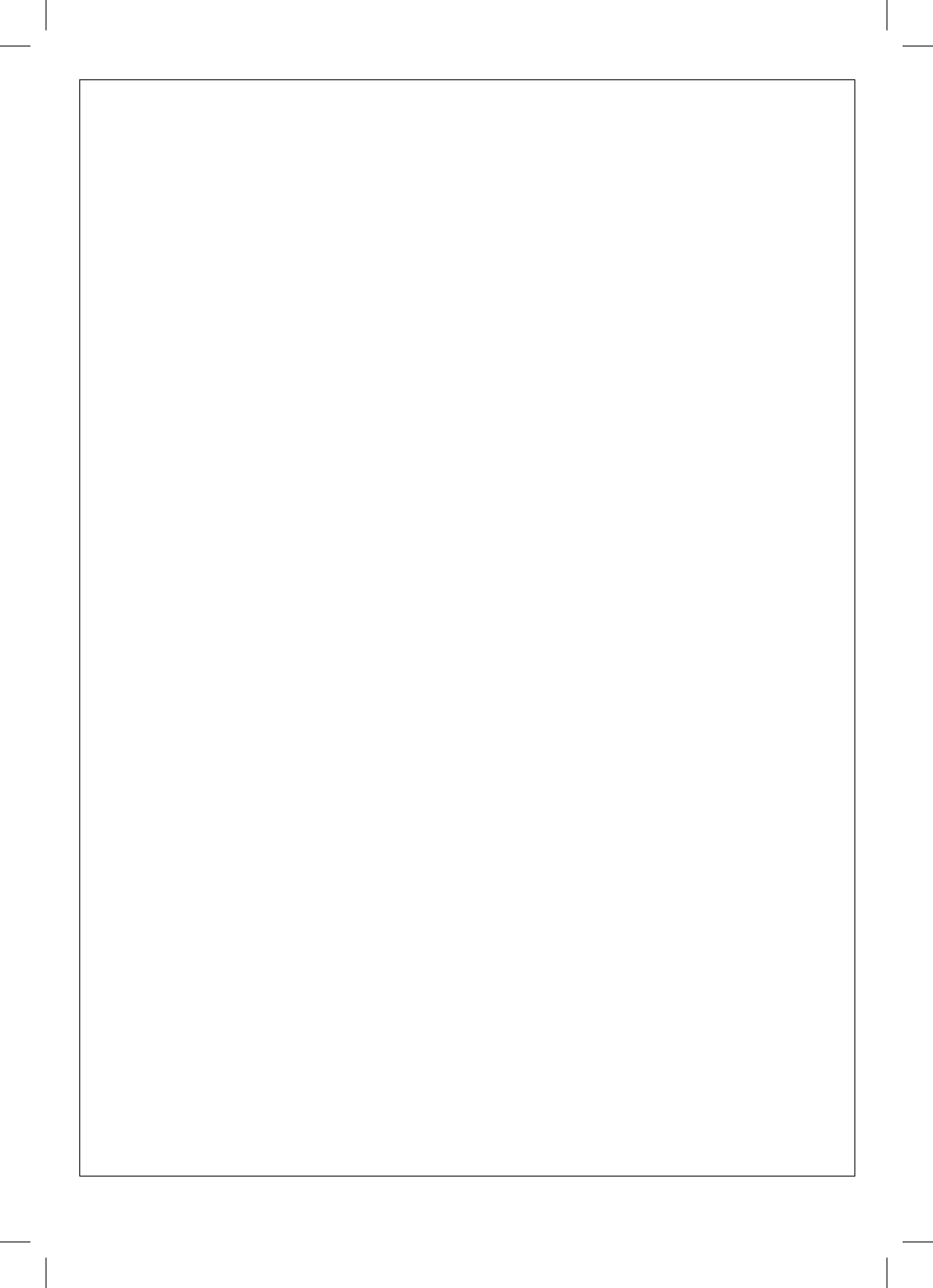
20
Griddle plate cooking
The cast iron burners heat the griddle plate directly, which then cooks the food on contact. Griddle
plates enable the cooking of smaller items that would, otherwise, fall through the grill. They can also be
used for searing cuts of meat or cooking food like eggs that would not be possible to cook on a grill.
Griddles can also be used to heat pans.
Roasting (hooded barbecues only)
If your barbecue is supplied with a roasting hood rather than a lid you are able to roast or bake in a
similar way as in a conventional gas oven. It is advisable not to place fatty food onto the warming
basket to avoid the possibility of juices and fat running down the back of your barbecue. For best results
place the food you wish to bake or roast in a metal baking tray and set it on one side of the cooking grill.
Turn the burners directly under the food to the ‘OFF’ position and the burners opposite the food to the
‘Medium’ setting. Close the lid and this will form an oven to cook the food ‘indirectly’. Monitor the
temperature using the temperature gauge on the lid. If the internal heat becomes too high, turn the
burners to the ‘low’ position. It is not necessary or advisable to have all of the burners on high when the
hood is closed. If the hood is opened during cooking to check on the progress of the food, please allow
extra cooking time for the barbecue to regain its temperature. Take care when opening the hood as hot
steam can be released on opening.
Warming Basket
Warming baskets are a convenient way to keep cooked food warm or to warm items such as bread rolls.
Care should be taken to ensure fat does not drip from the warming basket when the hood is open which
could then drip from the barbecue. Always check that your warming basket is properly fitted before use.
Flare-up control
Flare-ups will often occur when food is barbecued as fat and juices fall onto the ceramic briquettes.
Some fat is necessary to give the food its barbecued flavour but excessive fat can result in a flare-up.
To avoid flare-ups it is advisable to trim excess fat from meat and poultry before grilling, use cooking
sauces and marinades sparingly, and try to avoid very cheap cuts of meat or meat products as these
tend to have high fat and water contents. Flare-ups can be extinguished by applying salt directly onto
the flaring ceramic briquettes, taking care to protect yourself from the flames.
Fat Fires
The foil liner must be emptied and the drip tray cleaned of food debris after each cooking session. If the
barbecue is to be used for commercial use or large gatherings, it will be necessary to turn off and cool
the barbecue every two hours to remove food debris from the drip tray and clean out the foil liner, the
time between cleaning may need to be reduced if very fatty foods or cheap meat products are being
cooked. Failure to do this may result in a fat fire, which may cause injury and could seriously damage
the barbecue.
In the event of a fat fire:
• If safe to do so, turn all control knobs to the ‘off’ position.
• Turn off the gas at the bottle.
• Keep everyone at a safe distance from the barbecue and wait until the fire has burnt out.
• Do not close the hood of the barbecue.
• NEVER DOUSE A BARBECUE WITH WATER. IF AN EXTINGUISHER IS USED, IT SHOULD BE A
POWDER TYPE.
• DO NOT REMOVE THE DRIP TRAY.
• If the fire does not seem to be abating or appears to be worsening, contact your local Fire Brigade
for assistance.
Manual ignition instructions
• Insert a long, lit match through the match-lighting hole in the right hand side of the body of the
barbecue until the lit end is alongside the right hand burner. Push and turn the right hand control
knob anti-clockwise to the high position taking care to protect yourself from flames.
• When the burner is lit turn on the remaining burners from right to left.
• Confirm that each burner is lit before turning on the next burner


















